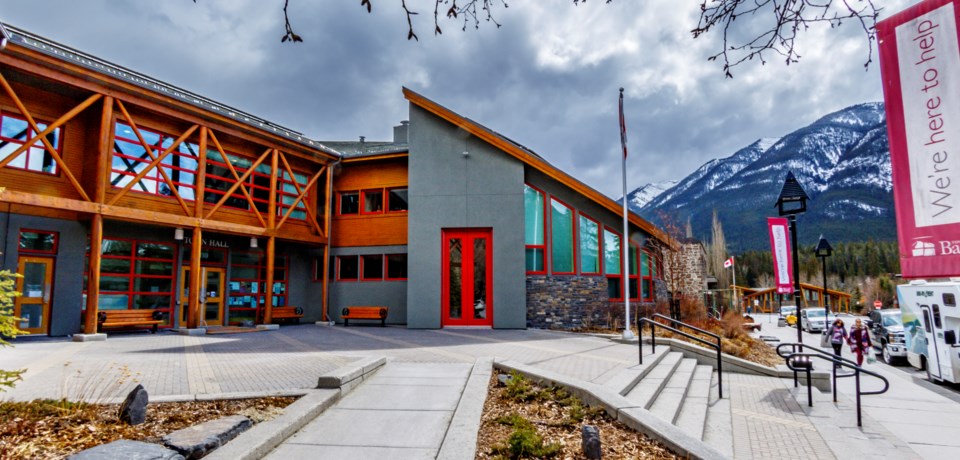BANFF – The Town of Banff is a little disappointed in the level of municipal spending in the 2022 provincial budget, but pleased there were no big surprises.
Alberta's UCP government handed down its budget on Feb. 25, with expenses pegged at around $62.1 billion and Alberta set for a $511 million surplus in 2022-23 due to rising oil and gas prices.
Chris Hughes, the corporate services director for the Town of Banff, called it a hold-the-line provincial budget for municipalities, saying there were no big surprises for Banff.
“There were no big cuts that we weren’t anticipating, but I think there was also some missed opportunities in the budget that we would have liked to have seen but weren’t necessarily expecting,” he said.
“We wished there was more apparent support for affordable housing, public transit, childcare and environmental protection. These are some areas where we could have used a little more help.”
Hughes said Banff has some big priorities around affordable housing, noting the province previously kicked in to help fund the 31-unit Ti’nu rental apartment project.
“While we really appreciated the funding we received for Ti’nu, it would be nice to know there was some funding available for projects such as our planned Cave Avenue development,” he said.
Budget 2022 provides capital funding under the Municipal Sustainability Initiative (MSI) and the Local Government Fiscal Framework (LGFF) of almost $1.7 billion over the next three years. This includes $485 million in MSI capital funding for 2022-23 and 2023-24 before the LGFF starts in 2024.
Provincial capital grants for the Town of Banff under MSI were significantly down from $3.5 million in 2021 to $1.4 million in 2022 and 2023.
“It’s a fairly significant decrease from what we received in 2021, but we knew that was coming so we budgeted for that,” said Hughes.
When the LGFF kicks in for 2024, the overall pot of money will be about 50 per cent higher than the current province-wide MSI allocation, but Hughes said the Town of Banff does not know what that will mean locally.
“What we don’t know is how that allocation formula will work,” he said, adding the province’s use of its own population estimates over Banff's more accurate municipal census may hurt the municipality when it comes to per capita grants.
“We may not see that much of an increase, even though the overall budget for that pool of money right now in 2024 is quite a bit bigger than what is currently budgeted for MSI for 2022 and 2023.”
The Town of Banff has not yet received its education tax levy, but it’s expected to be in the range of $9.5 million, down from $10.1 million last year.
In the 2022 provincial budget, the education property tax requisition was adjusted upwards by 1.5 per cent to $2.5 billion to help keep up with the increase in education operating costs.
Hughes said Banff had assumed a two per cent inflationary rate to cover education operating costs.
“Our equalized assessments has also dropped at a greater level than the rest of the province so we should see a decrease overall in our education tax levy for this year,” he said.
“The impact will be different between the residential and non-residential sector. Because of those big shifts in the non-residential sector, much of that decrease will be seen in the non-residential sector.”




